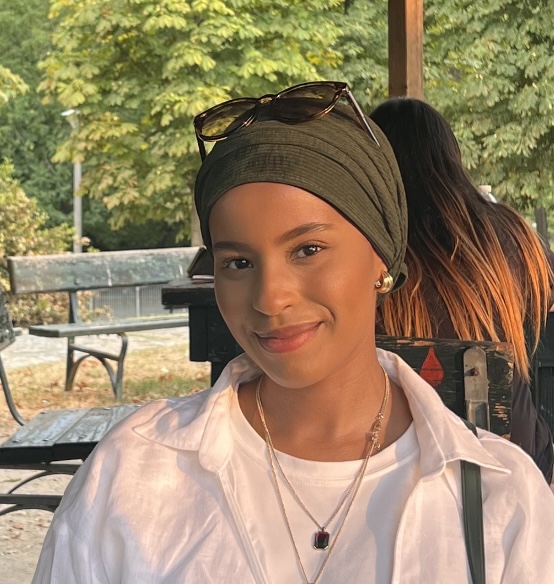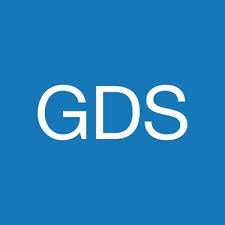Junior User Researcher
Cabinet Office Government Digital Service -
Job description
User Researchers are key figures in the teams that design and deliver services. They help their teams develop a deep understanding of the people - citizens, businesses or government colleagues - who use a service. Their findings allow their teams to design and build better services more quickly and at lower cost and risk. And to continuously improve services, based on data and evidence.
As a Senior User Researcher you will:
- plan, design and prepare a range of user research activities to support the design, development and continuous improvement of complex government services
- carry out a wide range of user research activities from recruiting participants, preparing discussion guides and moderating research sessions
- lead colleagues to analyse research data and synthesise clear and actionable findings, including working closely with analytics colleagues to create a rich picture of user behaviour
- communicate user research findings to help the team and wider organisation develop a deep understanding of users and their needs
- work closely with product managers, designers and developers to turn user research findings into stories and actions that lead to valuable product and service features
- align user research activities with wider plans to inform service proposition
- build user centred practices in new and larger teams
- mentor and guide junior user researchers to assure and improve research practice
- contribute to the wider user research community - including presenting at meetups, writing blog posts and leading on aspects of practice
Person specification
We’re interested in people who have:
- experience of advocating for user research and engaging sceptical colleagues and stakeholders, particularly in large-scale complex organisations
- the ability to understand the complex problems a team is trying to solve, and align user research activities to inform decision making and action
- experience of a wide range of user research methods, analysis techniques, and approaches to sharing findings
- the ability to include all kinds of users in appropriate research activities to help teams understand the diversity of users of government services
Benefits
The benefits of working at GDS
There are many benefits of working at GDS, including:
- flexible hybrid working with flexi-time and the option to work part-time or condensed hours
- a Civil Service Pension with an average employer contribution of 27%
- 25 days of annual leave, increasing by a day each year up to a maximum of 30 days
- an extra day off for The King’s birthday
- an in-year bonus scheme to recognise high performance
- career progression and coaching, including a training budget for personal development
- paid volunteering leave
- a focus on wellbeing with access to an employee assistance programme
- job satisfaction from making government services easier to use and more inclusive for people across the UK
- advances on pay, including for travel season tickets
- death in service benefits
- cycle to work scheme and facilities
- access to children's holiday play schemes across different locations in central London
- access to an employee discounts scheme
- 10 learning days per year
- volunteering opportunities (5 special leave days per year)
- access to a suite of learning activities through Civil Service learning
GDS offers hybrid working for all employees. This means that everyone does some working from home and also spends some time in their local office. You’ll agree to your hybrid working arrangement with your line manager in line with your preferences and business needs.
Any move to Government Digital Service from another employer will mean you can no longer access childcare vouchers. This includes moves between government departments. You may however be eligible for other government schemes, including Tax Free Childcare. Determine your eligibility at https://www.childcarechoices.gov.uk
Things you need to know
Selection process details
The standard selection process for roles at GDS consists of:
- a simple application screening process - We only ask for a CV and cover letter of up to 750 words. Important tip - please ensure that your cover letter includes how you meet the skills and experience listed in the “person specification” section above
- a 120 minute video task and interview. In the first 60 minutes you will be asked to complete a user research task. After that there will be a 60 minute interview where you will present the task and then respond to a series of questions from the interview panel.
Depending on how many applications we get, there might also be an extra stage before the video interview, for example a phone interview or a technical exercise.
In the Civil Service, we use Success Profiles to evaluate your skills and ability. This gives us the best possible chance of finding the right person for the job, increases performance and improves diversity and inclusivity. We’ll be assessing your technical abilities, skills, experience and behaviours that are relevant to this role.
For this role we’ll be assessing you against the following Civil Service Behaviours:
- managing a quality service
- seeing the bigger picture
- communicating and influencing
- working together
- delivering at pace
- changing and improving
We’ll also be assessing your experience and specialist technical skills against the following skills defined in the Digital, Data and Technology Profession Capability Framework for the Senior User Researcher role:
- Analysis and synthesis. You can understand and help teams to apply a range of methods to analyse research data and synthesise findings. You can effectively engage sceptical colleagues in analysis and synthesis. You can advise on the choice and application of techniques, and can critique colleagues’ findings to assure best practice. (Skill level: practitioner)
- Inclusive research. You can help teams understand the diversity of users of government services. You can effectively include all kinds of users in appropriate research activities. You can advocate inclusive practices and help teams design and deliver accessible services that work for all users. (Skill level: practitioner)
- Research. You can demonstrate experience in a wide range of user research methods, and can help teams to adopt them. You can plan user research for services with challenging user needs and complex user journeys. You can advise colleagues on the choice and application of research methods to assure best practice. (Skill level: practitioner)
- Society and technology. You can understand the social and technological context of government services. You can align user research activities to help your team understand changing user behaviour. (Skill level: working)
- Strategic insight. You can understand what problem the team is trying to solve. You can align user research activities to inform decision making and action. (Skill level: working)
- Technical understanding (user-centred design). You can demonstrate knowledge of the technologies used to build and operate digital services. You can collaborate closely with colleagues in different digital disciplines. (Skill level: practitioner)
- User-centred and Agile practices. You can understand and demonstrate experience in a range of user-centred practices. You can help inexperienced teams adopt user-centred practices and embed them into their Agile workflow. You can advocate user research, and engage sceptical colleagues and stakeholders. (Skill level: practitioner)
Candidates that do not pass the interview but have demonstrated an acceptable standard may be considered for similar roles at a lower grade.
A reserve list will be held for a period of 12 months, from which further appointments can be made.
We are an equal opportunity employer and value diversity at our company. We do not discriminate on the basis of race, religion, colour, national origin, gender, sexual orientation, age, marital status or disability status.
Feedback will only be provided if you attend an interview or assessment.


.jpg)
.png)
.png)
